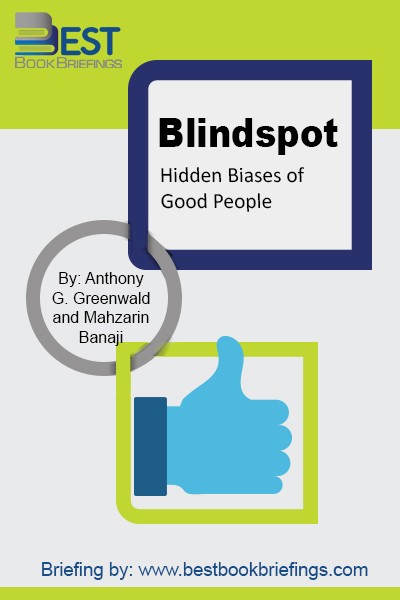Blindspot
Hidden Biases of Good People
Number of pages: 272
Publisher: Delacorte Press
BBB Library: Psychology and Strengths
ISBN: 978-0553804645
Editorial Review
We tend to think that when we make our own decisions, we do them fairly. We think that we understand the way our minds work and that we are the ones in control. But psychologists beg to differ. In this summary of Mahzarin R. Banaji and Anthony G. Greenwald book, Blindspot, they are explaining that every decision we make is controlled by hidden biases. These come from our culture, gender, race, religion, and even past experiences that we went through throughout our lives. This blindspot is a place that's hidden inside of our minds and it makes the decisions for us without us being aware. It forms our opinions of others and our reactions to many of the situations that we go through. This book is written to help us be more aware of this fact and how it happens so when the next time comes for us to make a decision; we will have the ability to outsmart ourselves and make decisions that are truly fair.
Book Reviews
Books on Related Topics

Collective intelligence is the capacity of groups to make good decisions—to choose what to do, and who to do it with—through both human and machine capabilities. The ways intelligence is organized are fractal in nature with similar patterns occurring on multiple scales, from groups of friends to organizations and whole societies. Understanding
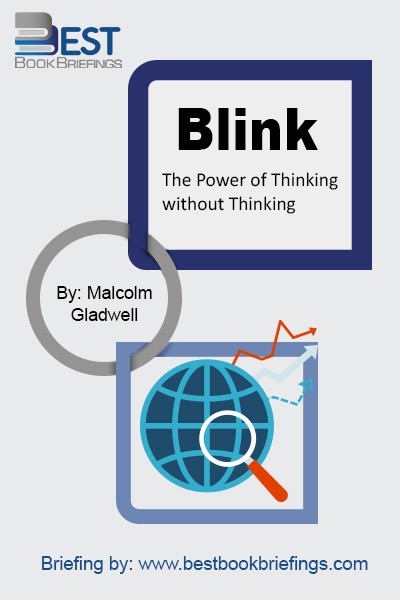
Blink is a book about how we think without thinking, about choices that seem to be made in an instant-in the blink of an eye-that actually aren’t as simple as they seem. Why are some people brilliant decision makers, while others are consistently inept? Why do some people follow their instincts

More than a century ago, psychologists Robert Yerkes and John Dodson performed different experiences in an effort to find out two things about rats: how fast they could learn and what intensity of electric shocks would motivate them to learn fastest. Some of the results aligned with what most of us
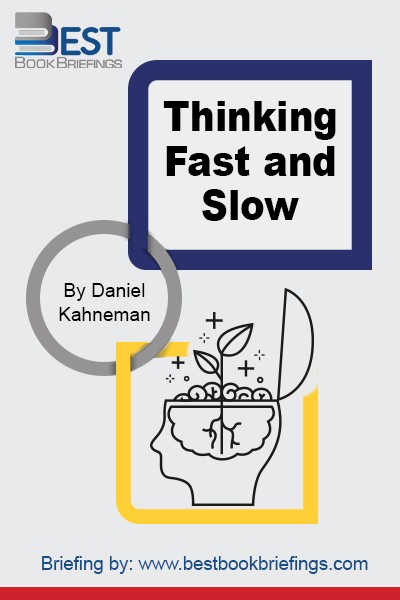
Engaging the reader in a lively conversation about how we think, Kahneman reveals where we can and cannot trust our intuitions and how we can tap into the benefits of slow thinking. He offers practical and enlightening insights into how choices are made in both our business and our personal lives-and

In our collective imagination, error is associated not just with shame and stupidity but also with ignorance, indolence, psychopathology, and moral degeneracy. Of all the things we are wrong about, this idea of error might well top the list. It is our meta-mistake: we are wrong about what it means to
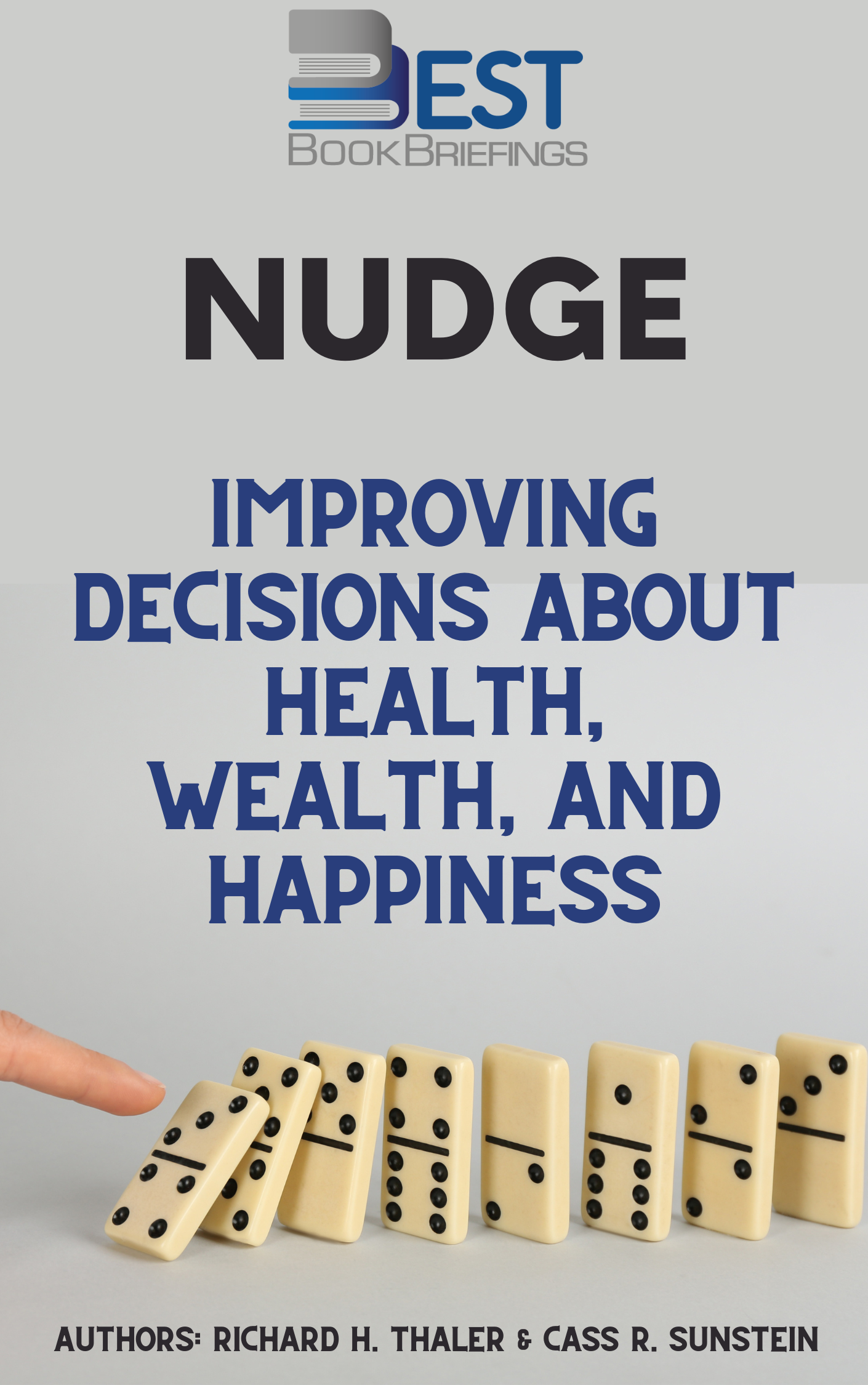
Nudge is about choices—how we make them and how we're led to make better ones. Authors Richard H. Thaler and Cass R. Sunstein offer a new perspective on how to prevent the countless bad mistakes we make in our lives—including ill-advised personal investments, consumption of unhealthy foods, neglect of our natural
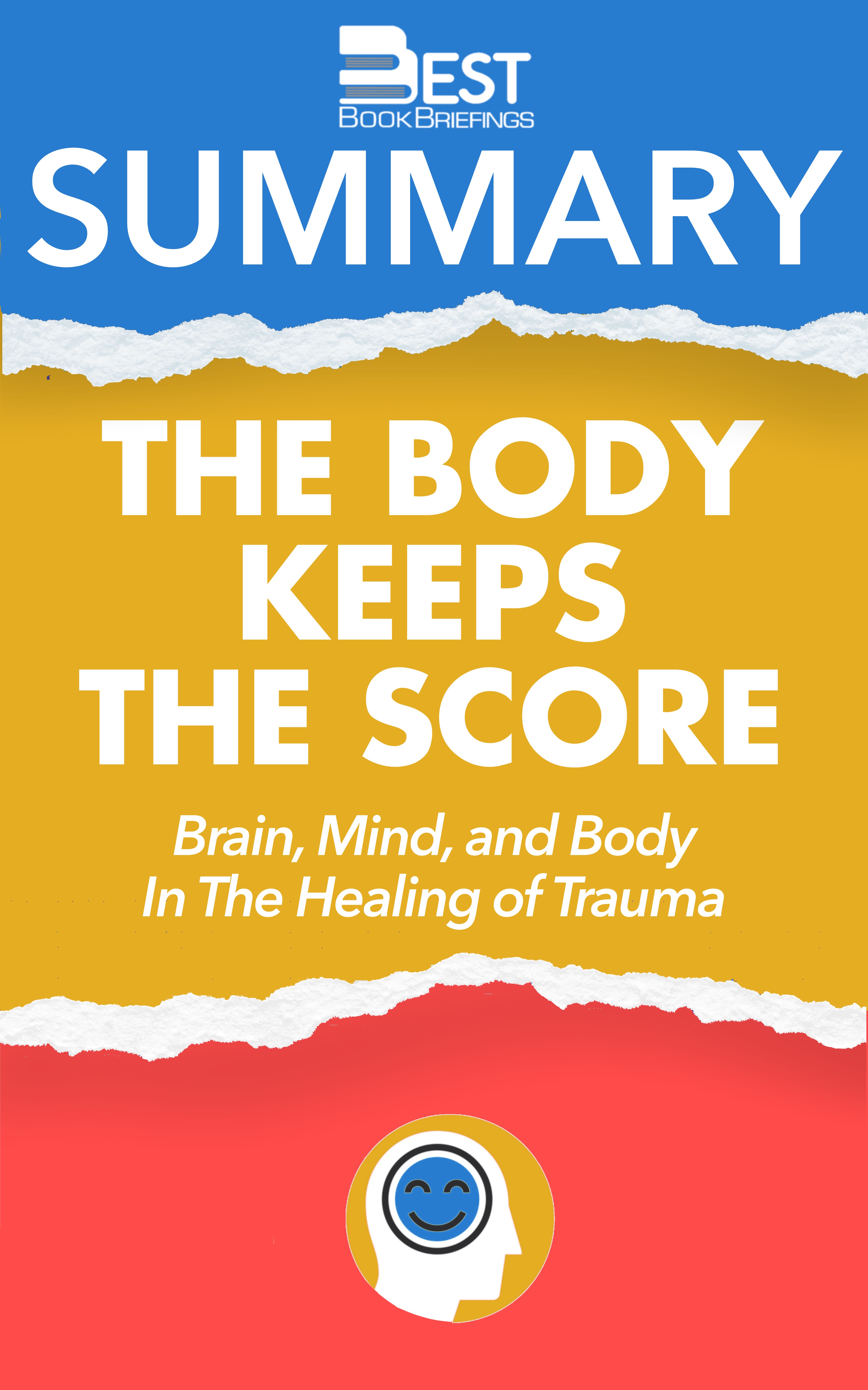
Trauma is a fact of life. Veterans and their families deal with the painful aftermath of combat; one in five Americans has been molested; one in four grew up with alcoholics; one in three couples have engaged in physical violence. Dr. Bessel van der Kolk, one of the world’s foremost experts

